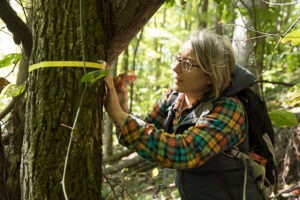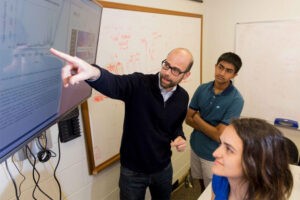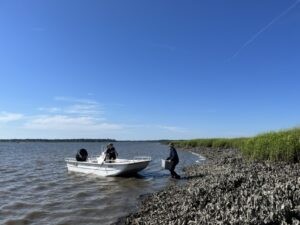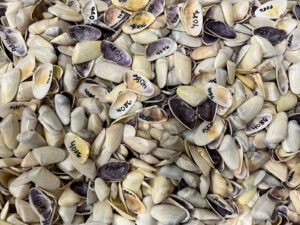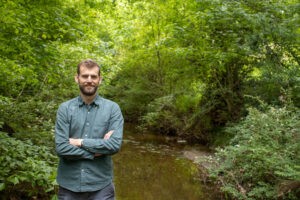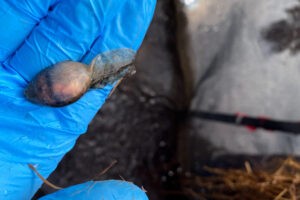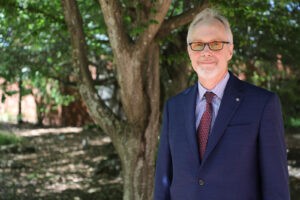Land use, nutrient conditions contribute to oak decline
New research led by the Odum School of Ecology’s Nina Wurzburger sheds light, for the first time, on how land-use disturbance and nutrient conditions play a role in the decline of oak forests. The most promising strategy to address this decline is reduced cutting.

